- بيت
- الصناعات
- الصناعات
- تقدم غلايات Fang Kuai عند الطلب, حلول بخارية معيارية للتطبيقات الصناعية والتجارية التي تتطلب عملية بخار للتدفئة, تعقيم, الترطيب, و اكثر.
- منتجات
- حالة عالمية
- معلومات عنا
- أخبار
- اتصال
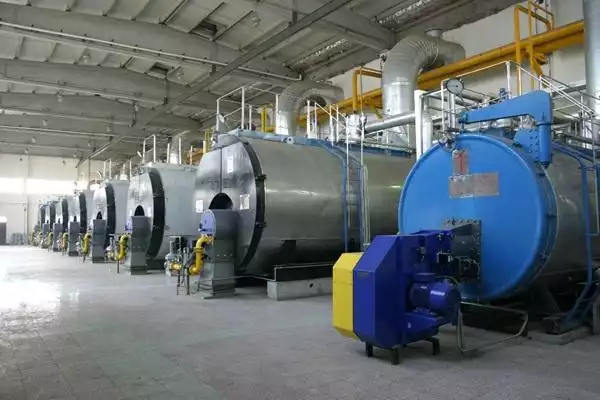
Fangkuai Boiler Introduces New Biomass Boilers >
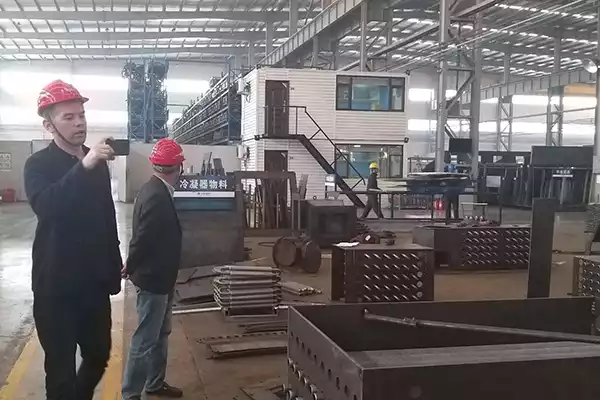
شركة فانغكواي للغلايات: Leading the Way in Energy-efficient Boiler Manufacturing >
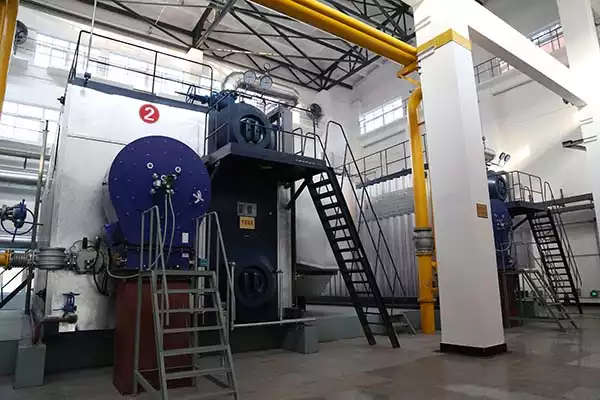
FangKuai Boiler Continues to Lead the Way in Energy-efficient Boiler Manufacturing >
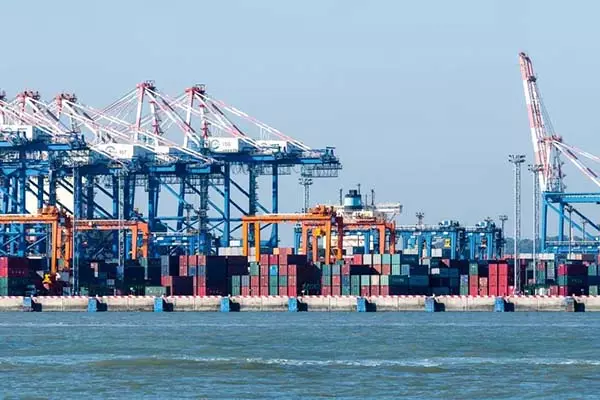
غلايات فانغكواي: A Stable Development in the Overseas Market >
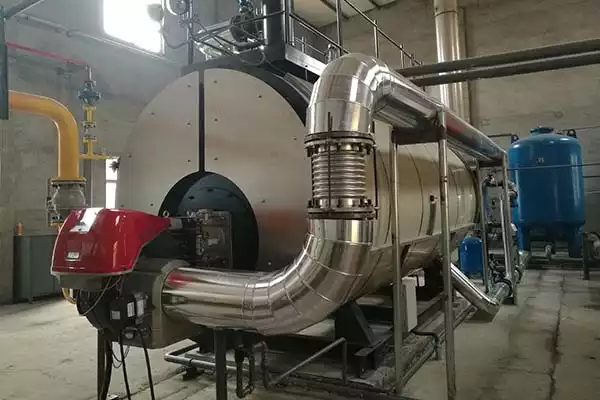
Boost Brewing Efficiency with Fangkuai Gas Boilers & Condensing Water Recovery >
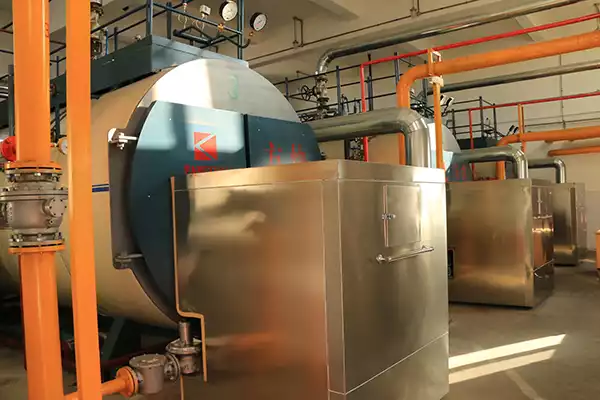
Empowering the Textile Industry in Bangladesh with Fangkuai Dual Fuel Boilers >
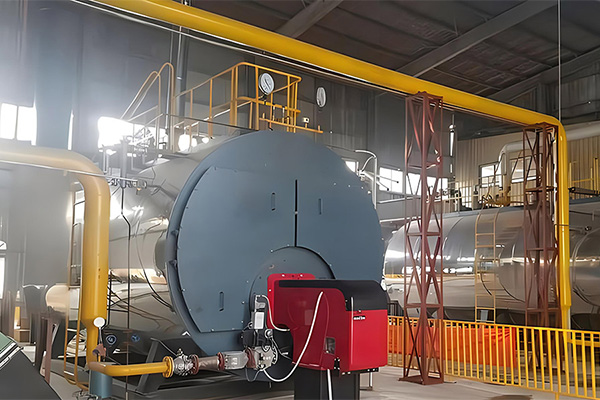
دليل كامل ل 2 غلايات بخارية صناعية طن للمصانع الصغيرة والمتوسطة. تعلم التطبيقات, خيارات الوقود, كفاءة, فوائد, عوامل التكلفة, وكيفية اختيار المرجل المناسب.
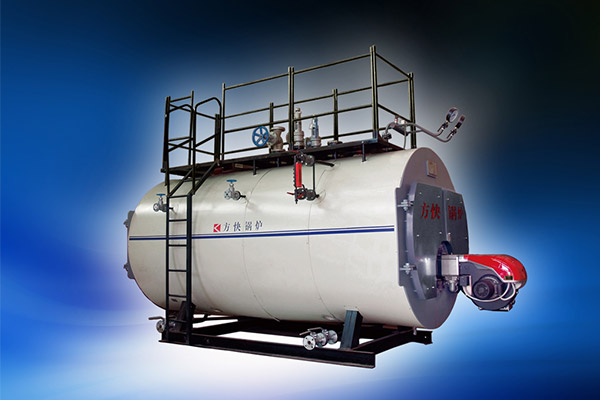
الدليل الكامل للصناعة 6 غلايات بخار طن, بما في ذلك مبادئ العمل, المواصفات الرئيسية, التطبيقات, خيارات الوقود, عوامل الكفاءة, وتكاليف التشغيل. تعلم كيفية الاختيار الصحيح 6 غلاية طن لمصنعك.
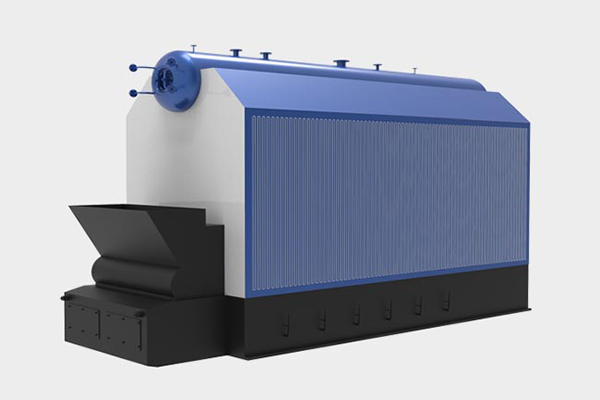
اكتشف التكلفة الحقيقية لمراجل الكتلة الحيوية 2025, بما في ذلك أسعار المعدات, رسوم التثبيت, تكاليف الوقود, فترات الاسترداد, ونصائح الخبراء لتقليل إجمالي النفقات.
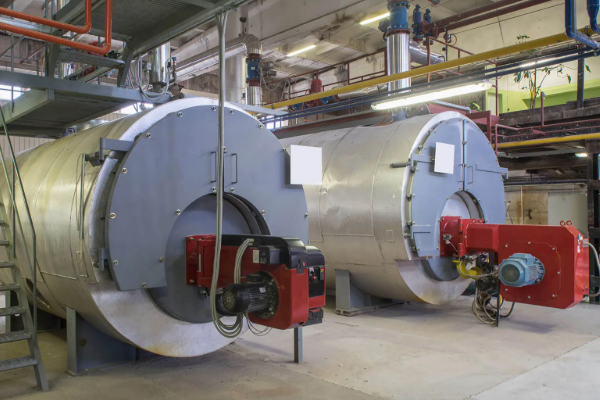
اكتشف كم من الوقت الغاز, كهربائي, وغلايات الزيت أخيرًا. تعرف على العوامل الرئيسية التي تؤثر على عمر الغلاية, نصائح الصيانة, وأي نوع يقدم أفضل قيمة ومتانة.

اكتشف كيف يمكن لغلاية نفايات الزيوت أن تقلل من تكاليف التدفئة وتقلل من التأثير البيئي. تعرف على كيفية عمل محارق نفايات الزيوت, فوائدهم, سعر, ونصائح التثبيت في هذا الدليل الكامل.
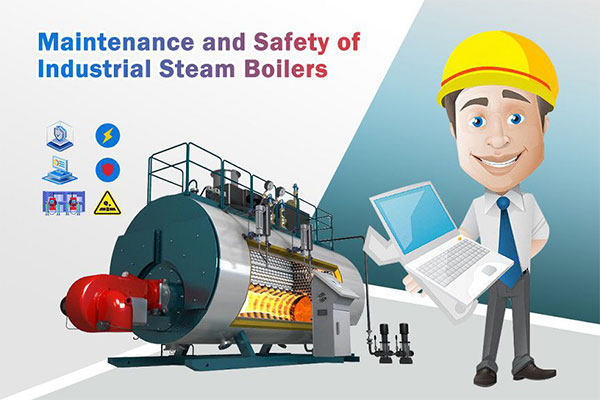
يكتشف 10 نصائح أساسية لصيانة غلايات البخار لتعزيز الكفاءة, إطالة الحياة, ومنع الأعطال المكلفة.

تقع أنظمة الغلايات في قلب العديد من عمليات التدفئة والعمليات الصناعية. سواء استخدمت في المنازل السكنية, المباني التجارية, أو محطات توليد الطاقة, فهي تلعب دورًا حاسمًا في توفير الحرارة والماء الساخن بكفاءة.
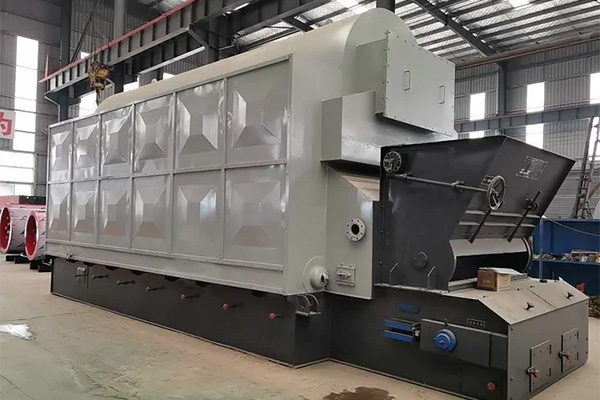
اكتشف كيفية عمل غلايات البخار الخشبية, فوائدها البيئية, الأنواع, نصائح الاختيار, نصائح الصيانة والسلامة للحصول على موثوقة, التدفئة فعالة من حيث التكلفة.
كيفية إضافة الماء إلى غلاية البخار?
تعلم الخطوات والتقنيات الأساسية لإضافة الماء إلى غلاية البخار. اكتشف الأهمية, تدابير السلامة, طرق مختلفة, ونصائح الصيانة للحفاظ على مستويات المياه المثلى في نظام الغلايات البخارية.7 خطوات لإخبارك بكيفية تنظيف غلاية بخار
اكتشف الخطوات والتقنيات الأساسية لرفع نظام الغلاية بشكل فعال. تعلم الأهمية, تدابير السلامة, طرق مختلفة, ونصائح الصيانة للحفاظ على أداء المرجل الأمثل.مستوى الماء في غلاية البخار مرتفع جدًا: الأسباب, الآثار والحلول
يمكن أن يكون مستوى المياه المرتفع في غلاية بخار مشكلة مقلقة لأنه قد يؤدي إلى ترحيل المياه في خطوط البخار, التأثير على كفاءة وسلامة نظام المرجل. هناك بعض الأسباب المحتملة لهذه المشكلة والخطوات التي يمكنك اتخاذها لمعالجتها:أسباب وحلول عدم عمل الغلايات البخارية
تتوقف الغلايات البخارية في بعض الأحيان عن العمل, الذي يجلب إزعاجًا كبيرًا للإنتاج. لذا, ما هو سبب عدم عمل المرجل البخاري? كيف يمكننا حل هذه المشكلة? التالي, دعونا نناقشها معًا.كيفية تجنب الحرارة غير المتكافئة في غلايات الغاز?
تشير الحرارة غير المتساوية لغلاية الغاز إلى ظاهرة الحمل الحراري غير المتساوي في نفس مجموعة أنابيب سطح التسخين.تحت أي ظروف يجب إغلاق غلاية الغاز?
بعد بعض الحالات الطارئة, قد تكون هناك بعض المشاكل أثناء تشغيل غلاية الغاز. يجب أن يكون مشغل الغلاية يقظًا تجاه غلاية الغاز, التحقق من تشغيل المرجل في الوقت الحقيقي, وأوقف الغلاية إذا لزم الأمر لتجنب وقوع حوادث أكثر خطورة.ماذا أفعل إذا انخفض حمل غلاية الغاز فجأة؟?
عندما ينخفض حمل الغلايات التي تعمل بالغاز بشكل مفاجئ, يجب على وحدات المؤسسة التي تستخدم الغلايات الانتباه. هذا وضع خطير بالغلاية, يرافقه الحالات التالية:ما هي إجراءات السلامة التي يجب اتخاذها بعد خروج غلاية الغاز من الخدمة؟?
العديد من الغلايات التي تعمل بالغاز لا تعمل بشكل مستمر طوال العام. عندما تتوقف الشركة عن الإنتاج أو لأسباب أخرى, سيتم إغلاق المرجل. لكن, بعد خروج المرجل عن الخدمة, ويجب اتخاذ بعض تدابير السلامة. لذا, ما هي إجراءات السلامة التي يجب اتخاذها بعد خروج الغلاية في مصنع الكيماويات من الخدمة؟?
الخامسiew مراجعات عملائنا
"مولد البخار من Fangkuai مثالي لأعمالي الصغيرة. إنه سهل الاستخدام للغاية ويتطلب الحد الأدنى من الصيانة. كما أنها موفرة للطاقة بشكل كبير, مما ساعدني على توفير المال على فواتير الطاقة الخاصة بي. خدمة العملاء في Fangkuai ممتازة أيضًا. إنهم متجاوبون للغاية ومستعدون دائمًا للمساعدة. أوصي بشدة بمولدات البخار من Fangkuai."
أحمد
مصر"أنا معجب جدًا بجودة غلاية الماء الساخن من Fangkuai. لقد تم بناؤه ليدوم وتجاوز توقعاتي. كانت عملية التثبيت سلسة للغاية وكانت خدمة العملاء ممتازة. غلاية الماء الساخن سهلة التشغيل والصيانة, وكفاءة الطاقة رائعة. أوصي بشدة بغلايات الماء الساخن من Fangkuai."
جاك
أستراليا"جعلت المعدات المساعدة لـ Fangkuai نظام الغلايات الخاص بي أفضل. جودة المعدات استثنائية والأسعار معقولة جدًا. ساعدت المعدات في تحسين كفاءة وأداء نظام الغلايات الخاص بي, مما أدى إلى توفير كبير في التكاليف. أوصي بشدة بمعدات Fangkuai المساعدة لأي شخص يحتاج إلى ملحقات غلاية عالية الجودة."
ماريك
المملكة المتحدة"خدمة العملاء في Fangkuai من الدرجة الأولى. لقد ساعدوني في اختيار الغلاية المثالية لاحتياجاتي وقدموا دعمًا كبيرًا طوال العملية. كانت عملية التثبيت أيضًا سلسة للغاية وتجاوزت الغلاية توقعاتي. إنه سهل الاستخدام والصيانة, وكفاءة الطاقة رائعة. أوصي بشدة بمنتجات Fangkuai لأي شخص يحتاج إلى حلول تدفئة موثوقة وفعالة."
خوان
المكسيك"الغلاية البخارية من Fangkuai مثالية لأعمال معالجة الطعام الخاصة بي. إنه يلبي جميع متطلباتنا وهو موثوق للغاية. جودة المواد وبناء المرجل استثنائية. كما أنها سهلة التشغيل والصيانة, مما ساعدنا على توفير الوقت والمال على الصيانة. أوصي بشدة بالغلايات البخارية من Fangkuai لأي شخص يحتاج إلى حلول تدفئة موثوقة."
جسون
البرازيل"لقد اشتريت غلاية بخارية Fangkuai لمصنعي وهي تعمل بشكل لا تشوبه شائبة منذ شهور. جودة المواد وبناء المرجل مثير للإعجاب. كما أنها موفرة للطاقة بشكل كبير, مما ساعدنا على توفير المال على فواتير الطاقة لدينا. أوصي بشدة بمنتجات Fangkuai لأي شخص يحتاج إلى حلول تدفئة موثوقة وفعالة."
جون
الولايات المتحدة الأمريكية"جعلت المعدات المساعدة لـ Fangkuai نظام الغلايات الخاص بي أفضل. جودة المعدات استثنائية والأسعار معقولة جدًا. ساعدت المعدات في تحسين كفاءة وأداء نظام الغلايات الخاص بي, مما أدى إلى توفير كبير في التكاليف. أوصي بشدة بمعدات Fangkuai المساعدة لأي شخص يحتاج إلى ملحقات غلاية عالية الجودة."
ماريك
المملكة المتحدة"أنا معجب جدًا بجودة غلاية الماء الساخن من Fangkuai. لقد تم بناؤه ليدوم وتجاوز توقعاتي. كانت عملية التثبيت سلسة للغاية وكانت خدمة العملاء ممتازة. غلاية الماء الساخن سهلة التشغيل والصيانة, وكفاءة الطاقة رائعة. أوصي بشدة بغلايات الماء الساخن من Fangkuai."
جاك
أستراليا"لقد استخدمنا غلاية الزيت الحراري Fangkuai لمصنعنا الكيميائي لسنوات ولم يخذلنا أبدًا. الغلاية متينة للغاية ويمكنها تحمل الظروف القاسية. كما أنها سهلة التشغيل والصيانة, مما ساعدنا على توفير الوقت والمال على الصيانة. غلايات الزيت الحراري من Fangkuai هي من الدرجة الأولى وأنا أوصي بها بشدة لأي شخص يحتاج إلى حلول تدفئة موثوقة."
تشانغ
الصين